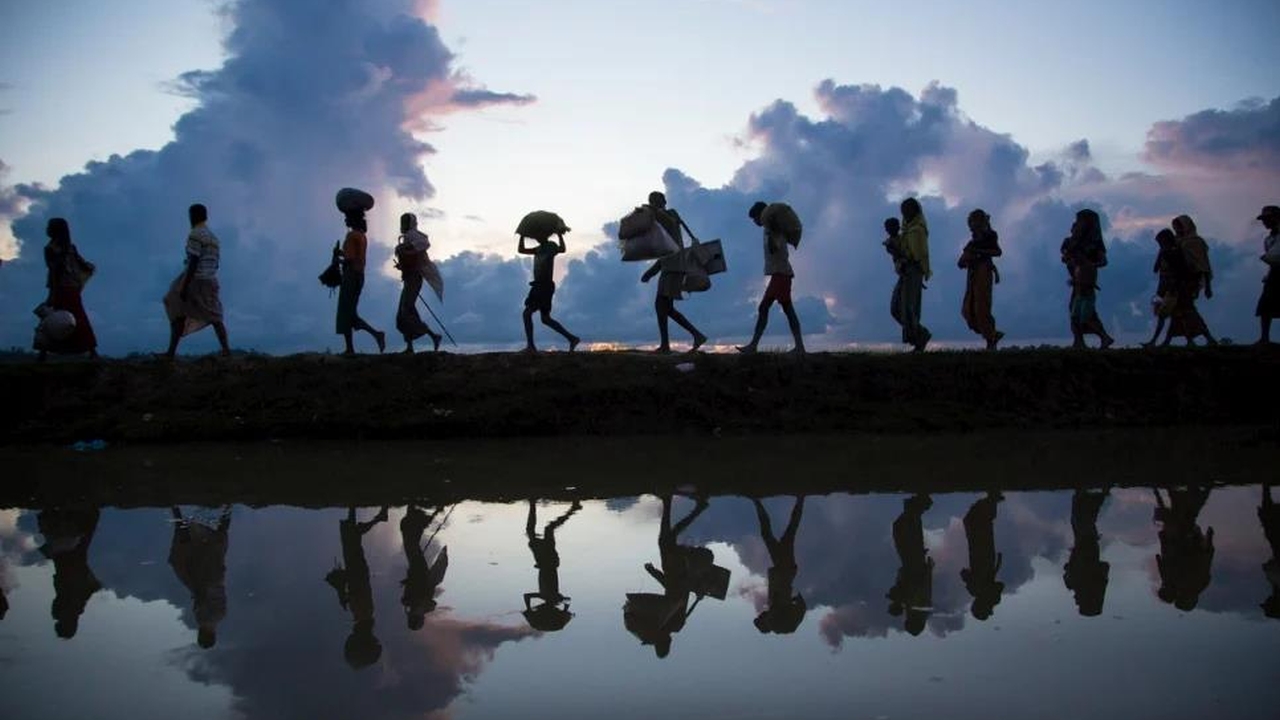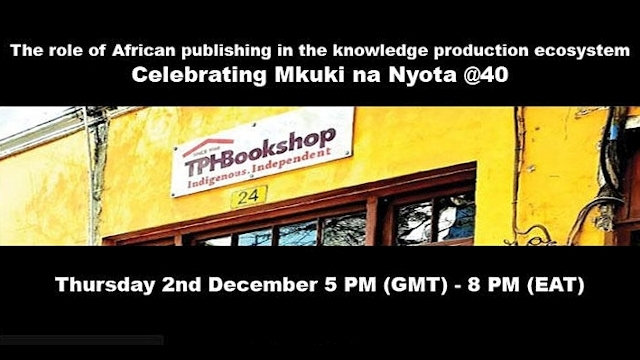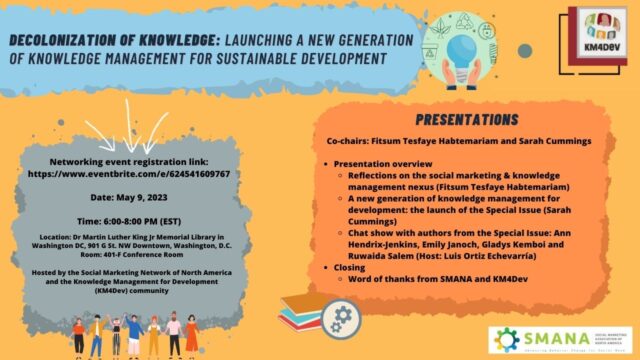
Understanding the links between coloniality, forced displacement and knowledge production
By Alemu Tesfaye and Truphena Mukuna. Originally published on the Integration and Implementation Insights blog.
What is the relationship between coloniality, forced displacement and knowledge production? How is this relevant to decolonization efforts?
The history of forced displacement can be traced back to the colonial era, during which European powers established colonies in various parts of the world, displacing and often subjugating indigenous populations. The displacement of indigenous peoples often involved the forced removal from their ancestral lands and the disruption of their social and cultural systems.
In this context, knowledge production was used to justify and legitimize the displacement of indigenous populations. European colonizers created and disseminated knowledge that portrayed indigenous peoples as “primitive” or “uncivilized,” and therefore in need of “civilizing” through the imposition of European values and systems. This knowledge served to legitimize colonial policies of forced displacement and cultural assimilation.
As colonialism gave way to the postcolonial era, forced displacement continued to be a significant issue, often taking the form of forced migration due to conflict, environmental degradation, or economic factors. In these contexts, knowledge production has continued to play a role, with dominant narratives often portraying displaced people as passive victims in need of assistance rather than as active agents with their own knowledge and perspectives.
The relationship between coloniality, forced displacement and knowledge production is therefore substantial, especially in creating ongoing power imbalances and epistemic violence.
In summary, key impacts include:
- Marginalization of indigenous knowledge: As discussed earlier, colonialism often suppressed or devalued the knowledge systems of indigenous peoples, leading to the loss of valuable knowledge about local environments, cultures, and social systems. This has had a lasting impact on the ability of displaced communities to draw on their own knowledge and experiences.
- Imposition of Western knowledge systems: European knowledge systems were often imposed on colonized peoples, often at the expense of local knowledge. This homogenized knowledge systems and marginalized local knowledge, which has continued to have an impact on the way knowledge is produced and disseminated.
- Creation of knowledge hierarchies: The imposition of Western knowledge systems created a hierarchy of knowledge in which Western knowledge was often seen as superior to local knowledge. This has had long-lasting effects on the way knowledge is produced and disseminated, with Western knowledge often given greater legitimacy and authority than local knowledge.
- Production of knowledge for colonial purposes: Knowledge production has often served colonial purposes, such as the exploitation of natural resources or the control of populations. This has led to biased and selective knowledge production that serves the interests of the powerful rather than the needs and perspectives of the displaced communities.
- Intellectual dependency: Colonialism created intellectual dependency among colonized peoples, which perpetuated a cycle of subjugation and limited the ability of displaced communities to produce and disseminate their own knowledge.
There is growing recognition of the need to decolonize knowledge production related to forced displacement, by centering the perspectives and knowledge of displaced communities and challenging dominant narratives that perpetuate colonial attitudes and power dynamics. This includes efforts to amplify the voices and knowledge of displaced people, support participatory research and knowledge co-production, and challenge dominant narratives through critical analysis and activism.
What has your experience been? Are there other aspects of forced displacement resulting from coloniality that need to be considered? Are there other consequences that should not be ignored? What examples are there of how decolonization has taken these impacts of forced displacement into account?
To find out more:
This i2Insights contribution is a lightly modified extract from Tesfaye, A. and Mukuna, T. (no date). Decolonizing Knowledge Production in Forced Displacement: Challenging Colonial Narratives and Amplifying Displaced Voices. Organization for Social Science Research in Eastern and Southern Africa (OSSREA). (Online): http://ossrea.net/images/DKS/PDFs/Impact_of_Coloniality_in_Knowledge_Production_in_Forced_Displacement_Context.pdf (PDF 806KB).
Biographies:
 |
Alemu Tesfaye MBA is Regional Programs Manager (Research, Communication, Knowledge Management and ICT (Information and Communications Technology)) at the Organization for Social Science Research in Eastern and Southern Africa (OSSREA), in Addis Ababa, Ethiopia. His interests include communication, knowledge management and translation, and community engagement. |
 |
Truphena Mukuna PhD is Executive Director at the Organization for Social Science Research in Eastern and Southern Africa (OSSREA), in Addis Ababa, Ethiopia. She conducts transdisciplinary transformative research and feminist participatory action research on vulnerable populations to offer life-changing, cost-effective solutions and see improvement in people’s lives. |
Article source: Understanding the links between coloniality, forced displacement and knowledge production. Republished by permission.
Header image source: Tesfaye, A. and Mukuna, T. (n.d.).






